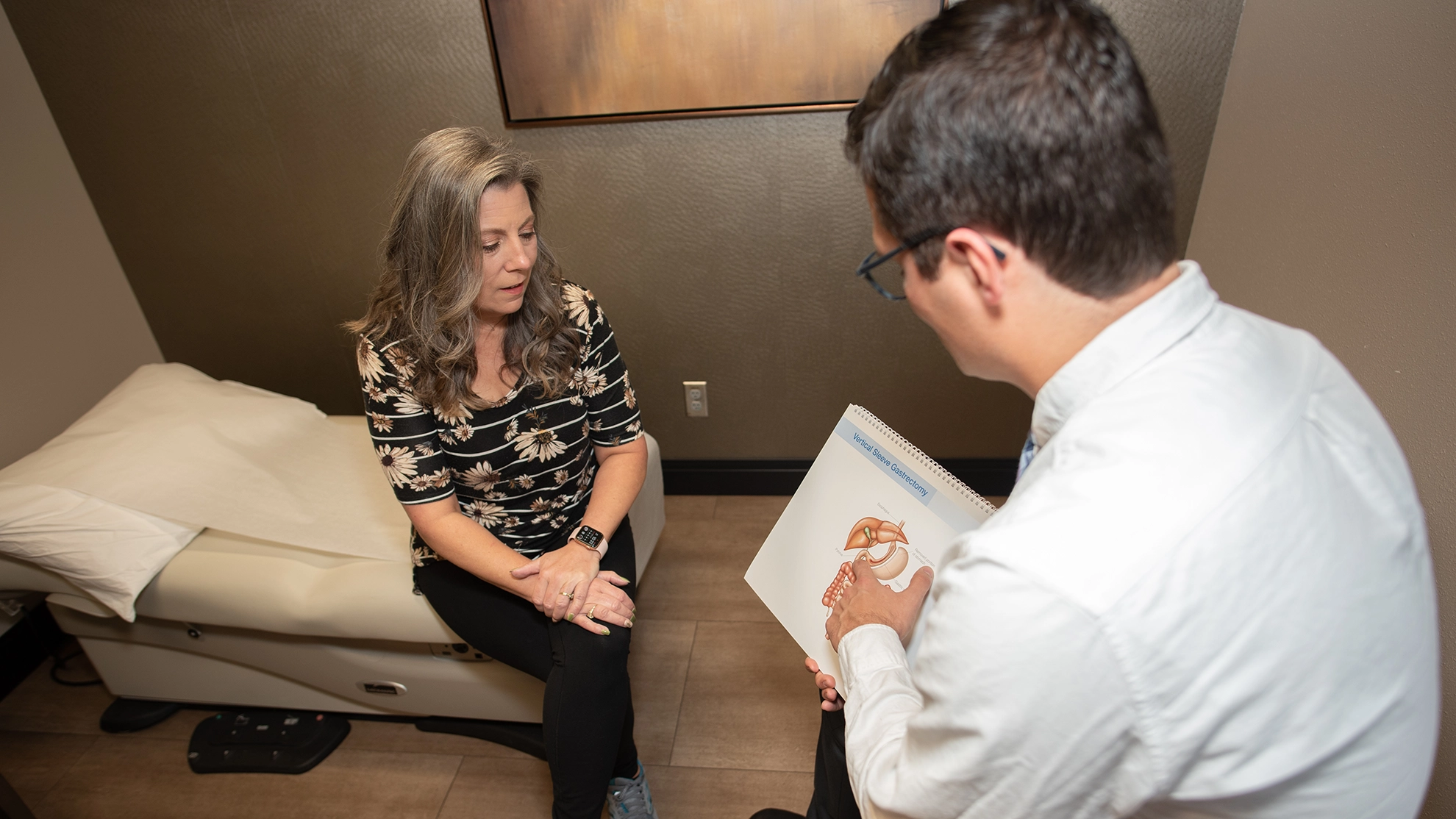The skilled surgeons at Bay Bariatrics are experienced in several different weight loss surgery procedures. We are here to explain to you all of your options and help you decide which weight loss surgeries may be best for you. There is no one best type of metabolic and bariatric surgery, as we are all unique and have different needs. Our goal is to help you with your weight loss, and we will thoroughly evaluate your health history and goals before deciding which bariatric surgery is best for you. Want to learn more? Give us a call now, and we will be happy to discuss your bariatric surgery options with you.
Best Weight Loss Surgery - Oregon
Which weight loss surgery is best for you?
Today, there are several safe and successful surgical weight loss options. Each bariatric surgery produces excellent weight loss results, and no one surgery is better than the other for treating obesity. Our patients have had excellent results with a variety of weight-loss surgical procedures as our experienced bariatric surgery team helped them choose the operation that would benefit their individual needs the most.
According to the National Institute of Diabetes and Digestive and Kidney Diseases, weight loss surgery is a great option to help those persons with severe obesity to shed excess weight. It may be an excellent weight-loss treatment if you have serious medical conditions such as sleep apnea and cannot lose excess weight through diet and exercise.
We know that weight loss surgery is not a one size fits all solution for patients to lose weight. The Bay Bariatrics team aims to help our patients lose weight through the weight-loss surgical procedure that is best for their individual health needs, circumstances and goals. Check out our Success Stories page to see pictures and patient testimonies and give us a call to get started on your weight loss journey now.


More FAQs About Find Your Best Weight Loss Surgery
How can I decide which weight loss surgery is right for me?
Start by asking yourself the following questions to help you decide which gastric surgery is best for your goals and lifestyle:
How much weight should I expect to lose?
The SADI-S, for example, is a combination of stomach restrictive and malabsorptive operations that typically results in greater weight loss and lower regain rates.
Do I have any comorbidities connected to my weight, such as type 2 diabetes or high blood pressure?
For weight-related diabetes, the SADI-S has a cure rate of more than 90%.
What is my lifestyle?
Are you a hardworking professional who travels frequently? If you have a busy lifestyle, the Sleeve Gastrectomy is a low-maintenance procedure that is ideal for those who are always on the go.
If you have a significant amount of weight to lose and it is preventing you from being active, the SADI-S surgery may be able to help you lose weight and keep it off.
Do you need to reduce weight in preparation for elective surgery, such as a hip or knee replacement or spinal surgery?
Sleeve gastrectomy brings about fast, predictable weight loss and is a good option for patients seeking weight loss in preparation for knee and hip joint replacement, as well as spine surgery and other elective surgery.
Our team of surgeons at Bay Bariatrics will discuss your surgical weight loss options with you during your initial consultation so that you can make an informed decision. Schedule a consultation with our staff now to learn more about whether weight loss surgery is right for you.
Above all, Bay Bariatric’s mission is to help people transition from being overweight to being healthy.
Which is the best: gastric sleeve or bypass?
People frequently ask what is the best bariatric surgery available. The two most common weight loss procedures are Gastric Bypass Surgery and Gastric Sleeve Surgery. They have similarities and differences between them, but which one is better, the Gastric Bypass or the Gastric Sleeve?
Gastric Sleeve and Gastric Bypass, both reduce the patient’s stomach from its original size to a small pouch, causing weight loss by restricting the amount of food the patient can eat before they feel full and reducing the hunger hormone ‘ghrelin’.
The method in which the new pouch is created differs between the Gastric Sleeve and the Gastric Bypass:
- Gastric Sleeve is a procedure where the surgeon permanently removes about 70 to 80 percent of the patient’s stomach. It is considered to be a relatively safe procedure. What remains of the stomach looks like a small banana-shaped pouch.
- Gastric Bypass is also known as Roux-en-Y. During this procedure, the surgeon creates a small stomach pouch by bypassing most of the patient’s stomach and the first part of their small intestine. As a result, the newly formed stomach pouch is attached to the remaining small intestine.
Gastric bypass patients lose 60 to 80 percent of their excess body weight in the first year or two and up to 90 percent over time.
Although a gastric bypass is more complex than a gastric sleeve, both procedures are often performed laparoscopically. Gastric Bypass can carry more risks, but there are also more rewards for patients who need to lose 150+ pounds. Gastric Sleeve surgery, in comparison, has a lower complication rate but is generally more successful for patients who need to lose 100 pounds or less.
Gastric Bypass is frequently recommended for patients with a BMI (body mass index) of more than 45; however, many surgeons are discovering that Gastric Sleeve is also beneficial for patients who are severely obese.
Patients who do not want to deal with malabsorption issues or who do not need to lose more than 130 pounds should consider the Gastric Sleeve. The Gastric Bypass is recommended for people who need to shed 150 pounds or more.
Which of the two treatments described above is the best weight loss surgery option?
The most important question here is which operation is ideal for each individual patient. Each person is unique, and each has unique needs that can be addressed by one of the surgeries. It is important to consider how much weight people can expect to lose after the surgery, how committed they are to making a new lifestyle change, and how prepared they and their families are to take the step of having surgery. If the patient does not adopt healthy lifestyle changes following any of the surgeries, they will not be successful.
In summary, both the Gastric Sleeve and Gastric Bypass are excellent choices for surgery, and they are both adequate to help patients reach their goal weight. With that being said, taking into account the patient’s BMI, the Gastric Sleeve would be considered a better surgery for patients needing to lose 130 pounds or less, and the Gastric Bypass surgery would be the best surgery option for patients needing to lose 130 pounds or more.
At your appointment, our team at Bay Bariatrics will answer all of your questions and help you make the best-informed decision about which type of surgery is right for you.
What’s the safest weight loss surgery?
The safest weight loss surgery is the one that fits your individual circumstances and health history best. Each form of bariatric surgery has its own set of advantages and disadvantages. Our surgeons at Bay Bariatrics can recommend a certain type of weight loss procedure depending on the patient’s health and needs. Although all weight loss treatments carry some risks, restrictive surgeries are safer than restrictive/malabsorptive surgeries because they do not interfere with the digestive system permanently.
Gastric Banding
For bariatric procedures, gastric banding is the easiest method. There is a reduced danger of nutritional shortage with lap band surgery since the operation has no effect on nutrient absorption. However, the amount of excess weight that is lost is less than with the other procedures. Furthermore, those who have had gastric banding are more prone to weight gain in the long run. For this reason, we do not offer this procedure at Bay Bariatrics.
Sleeve Gastrectomy
For persons who are severely obese with other health problems, this is a generally safe and easy procedure. Weight reduction is substantial, and nutritional absorption is unaffected.
Gastric Bypass
This procedure allows for rapid weight loss that can continue for up to two years. It is beneficial to individuals with obesity-related illnesses who want to improve their health swiftly. It also has a solid long-term weight-loss track record. Vitamin deficits due to malabsorption, susceptibility to dumping syndrome, and ulcers are the disadvantages. Dumping syndrome occurs when food is discharged from the stomach into the intestines before being thoroughly digested.
SADI-S
This surgery is newer and less common, but it is an improvement on the well-studied duodenal switch operation, which has been around for decades. It leads to faster weight reduction, but also increases the risk of vitamin shortage.
What are the types of weight loss surgery options?
At Bay Bariatrics, we offer several types of weight-loss surgeries. Each obesity surgery has different advantages and disadvantages and is best for different individuals. Our experienced surgical team offers Gastric sleeve, Gastric bypass, SADI-S, and revisions of prior operations that have failed or caused complications. We will help inform you about your options so that you can make the best decision about which surgery is right for you.
